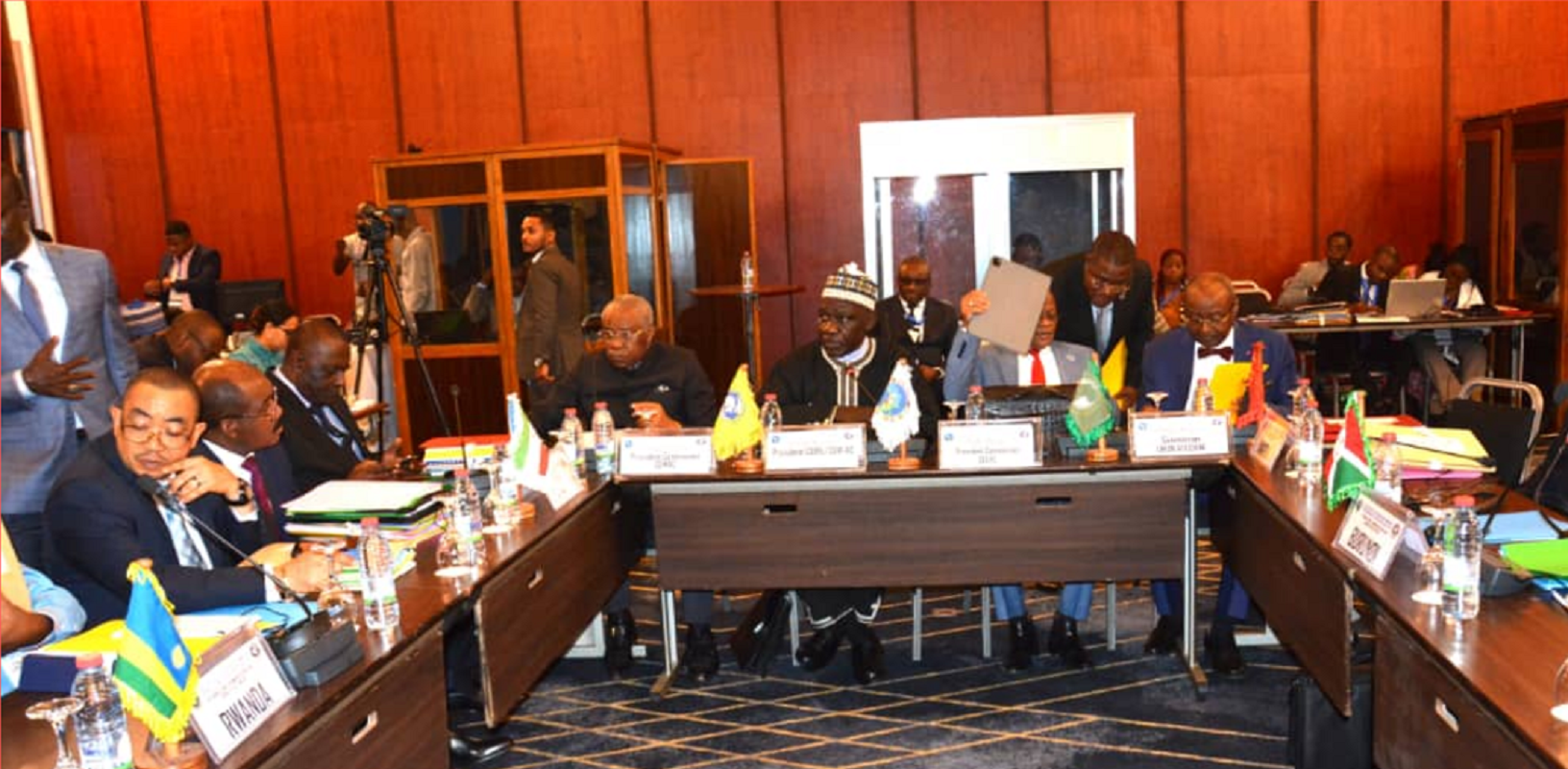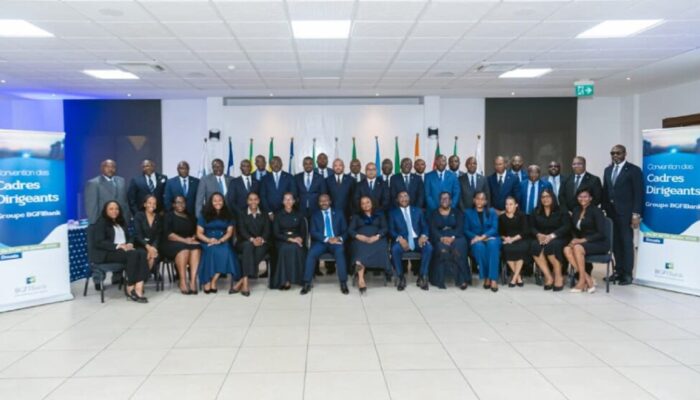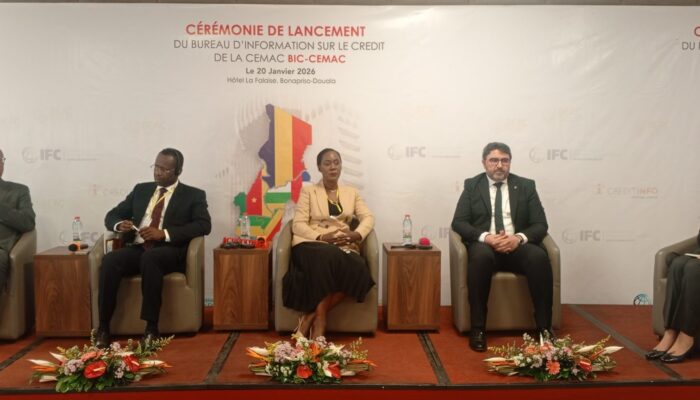Ten points were kept on the agenda for the 6th conclave of ministers of the Steering Committee for the rationalization of regional economic communities in Central Africa (Copil CER-AC). Six draft texts were presented, including that of the Transition Plan and the related draft Decision.

The approved transition principles
The latter is based on four main principles, which were approved by the Council of Ministers. These are the principle of progressiveness, that of respect and capitalization of community achievements, the principle of budgetary sustainability as well as the principle of community solidarity.
The Transition project was presented on two levels, notably the pre-transitional period and the transitional period. Furthermore, the debates focused on the timetable for the transition, the approval process for the transition plan, the principles underlying this plan as well as the prioritization and financing of the latter. On this point, the Council asked to “complete this file by setting out the three hypotheses for implementing the transition plan as well as the strategy for financing said plan”, before transmitting it to the President dedicated to the rationalization of the RECs in Central africa.
Other projects examined, the report of the study on community training schools, the draft Convention governing the community parliament, that governing the Court of Justice and Human Rights, the draft protocol governing the high monetary authority and banking of Central Africa, and that of the financial markets, among others.
The work of the 6th conclave of ministers of the Steering Committee for the rationalization of regional economic communities in Central Africa (Copil CER-AC) was chaired by Alamine Ousmane Mey, Minister of Economy, Planning and Development of the territory (Minepat), president of the Copil. The eleven states of Central Africa were represented in Yaoundé, as were the presidents of CEMAC and ECCAS .
High authority on financial markets in Central Africa
This is one of the advances recorded during these meetings. What is expected here is to have efficient financial markets in order to complete the financing system until now, limited to banking services. The debates surrounding this protocol focused on the fundamentals of the High Authority of Financial Markets in Central Africa, the performance of financial markets in Africa and the reasons for existence and architecture of this institution.
The protocol governing the high monetary and banking authority of Central Africa was also validated. The project was sent with a favorable opinion to Paul Biya, President dedicated to the rationalization of RECs in Central Africa.
Community Training Schools
Four training schools were selected based on the criteria of subsidiarity, capacity, relevance and integration. These are the Sub-regional Institute of Statistics and Applied Economics (ISSEA), the Regional Training School for Inland Navigation Professions (Erfmni), the Sub-regional Multi-Sectoral Institute of Applied Technology (ISTA ) and the Inter-State Center for Higher Education in Public Health in Central Africa (Ciespac). Others, however, were reversed because they did not meet at least three of the four recommended criteria. In particular, the Interstate School of Customs (EIED), the Institute of Economics and Finance regional pole (IEF-PR), and the School of Hospitality and Tourism (EHT).
At the level of the court of justice and Human Rights, we discussed the age required to be a judge, the renewal of the mandate of judges, the opening of the court to other professions, among others.
As a prelude to the Yaoundé conference, the meeting of the Copil/CER-AC expert cell was held, chaired by Paul Tasong, Minister Delegate to the Minister of the Economy, Planning and Development of the territory.
Its aim was to examine certain projects including the transition plan for the transition from the Economic Community of Central African States (ECCAS), the Economic and Monetary Community of Central Africa (Cemac) and the Economic Community of Great Lakes countries (CEPGL) towards the new Central African Regional Economic Community (CER) and the related decision, the act of accession of the CEPGL to the ECCAS /Cemac merger process.






